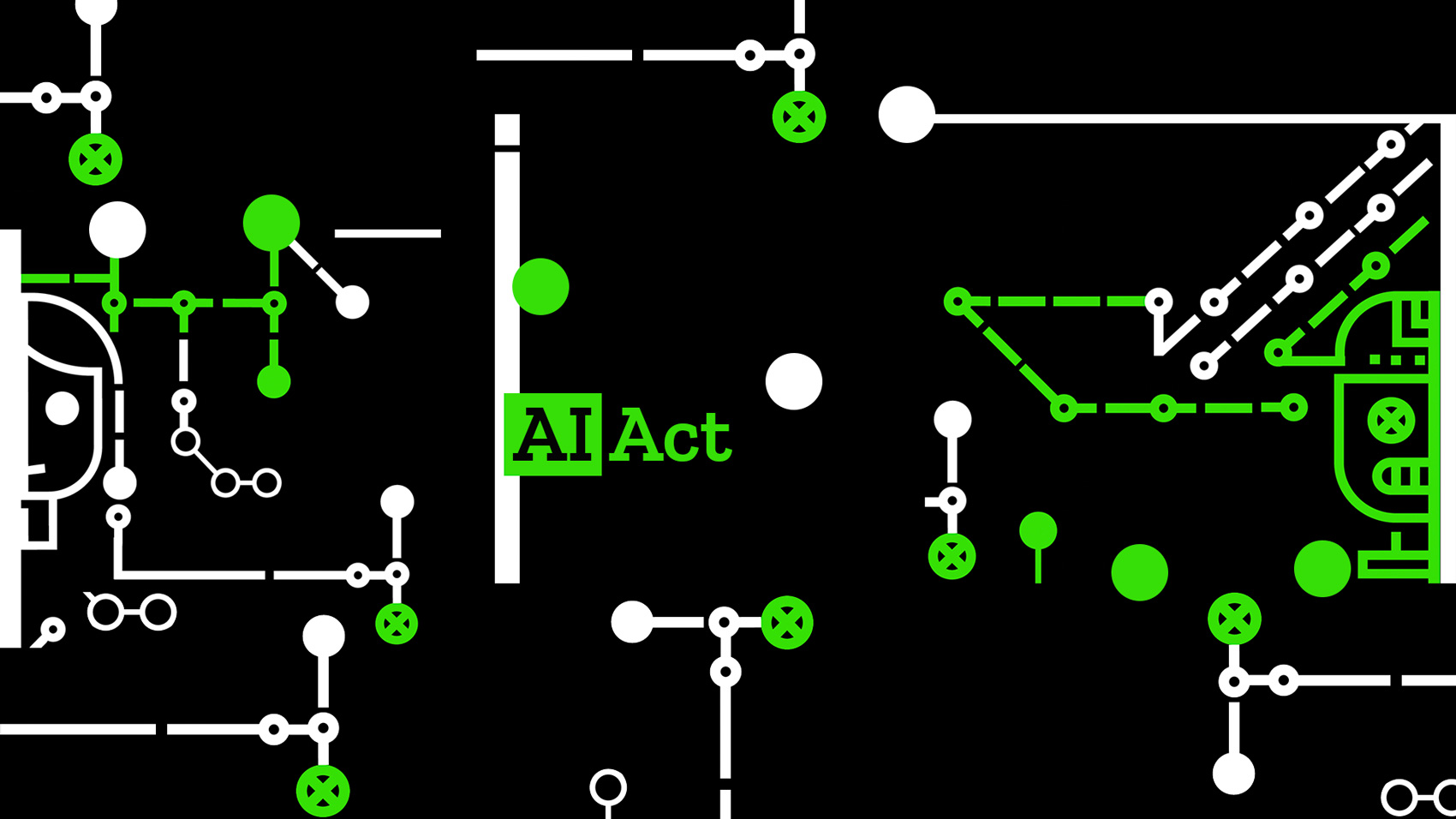The European Union Artificial Intelligence Act (AI Act) will regulate the development and use of ‘high-risk’ AI, and aims to promote the uptake of ‘trustworthy AI’ whilst protecting the rights of people affected by AI systems. However, in its original proposal, the EU AI Act does not adequately address and prevent the harms stemming from the use of AI in the migration context. Whilst states and institutions often promote AI in terms of benefits for wider society, for marginalised communities, and people on the move (namely migrants, asylum seekers and refugees), AI technologies fit into wider systems of over-surveillance, criminalisation, structural discrimination and violence. It is critical that the EU AI Act protects all people from harmful uses of AI systems, regardless of their migration status. We, the undersigned organisations and individuals, call on the European Parliament, the European Commission, the Council of the European Union, and EU Member States to ensure the EU Artificial Intelligence Act protects the rights of all people, including people on the move. We recommend the following amendments to the AI act: Some AI systems pose an ‘unacceptable risk’ to our fundamental rights, which will never be fixed by technical means or procedural safeguards. Whilst the proposed AI Act prohibits some uses of AI, it does not prevent some of the most harmful uses of AI in migration and border control, despite the potential for irreversible harm. The AI Act must be amended to include the following as ‘prohibited practices’: While the proposal already lists in Annex III the uses of ‘high-risk’ AI systems in migration and border control, it fails to capture all AI-based systems that affect people’s rights and that should be subject to oversight and transparency measures. To ensure all AI systems used in migration are regulated, Annex III must be amended to include the following as ‘high-risk’: Article 83 of the AI Act lays out the rules for AI systems already on the market, at the time of the legislation’s entry into force. Article 83 includes a carve-out for AI systems that form part of the EU’s large-scale IT systems used in migration, such as Eurodac, the Schengen Information System, and ETIAS. All of these large-scale IT systems – which foresee a capacity of over 300 million records – involve the automated processing of personal and sensitive data, automated risk assessment systems or the use of technology for biometric identification. For example, the EU plans to subject all visa and ‘travel authorisation’ applicants to automated risk profiling technologies in the next few years. Further, EU institutions are currently considering an update to Eurodac to include the processing of facial images in databases of asylum applicants. The exclusion of these databases would mean the safeguards in the EU AI Act do not apply. This blanket exemption will only serve to decrease accountability, transparency and oversight of AI systems used in EU migration control, and lessen protection for people impacted by AI systems as part of EU large-scale EU IT systems. Due to the exemption from regulatory scrutiny of these systems, the EU AI Act would lead to a double-standard when it comes to protecting fundamental rights of persons, depending on their migration status. The EU AI Act should be amended to ensure that Art. 83 applies the same compliance rules for all high-risk systems and protects the fundamental rights of every person, regardless of their migration status. People affected by high-risk AI systems need to be able to understand, challenge, and seek remedies when those systems violate their rights. In the context of migration, this requirement is both urgent and necessary given the overwhelming imbalance of power between those deploying AI systems and those subject to them. The EU AI Act must prevent harm from AI systems used in migration and border control, guarantee public transparency, and empower people to seek justice. The EU AI Act must be amended to: Drafted by: Access Now, European Digital Rights (EDRi), Platform for International Cooperation on Undocumented Migrants (PICUM), and the Refugee Law Lab. With the support of: Amnesty International, Avaaz, Border Violence Monitoring Network (BVMN), EuroMed Rights, European Center for Not-for-Profit Law (ECNL), European Network Against Racism (ENAR), Homo Digitalis, Privacy International, Statewatch, Dr Derya Ozkul, Dr. Jan Tobias, and Dr Niovi Vavoula. Individuals: 1. Prohibit unacceptable uses of AI systems in the context of migration
2. Expand the list of high-risk systems used in migration
3. Ensure the AI Act applies to all high-risk systems in migration, including those in use as part of EU IT systems
4. Ensure transparency and oversight measures apply
Signed by:
